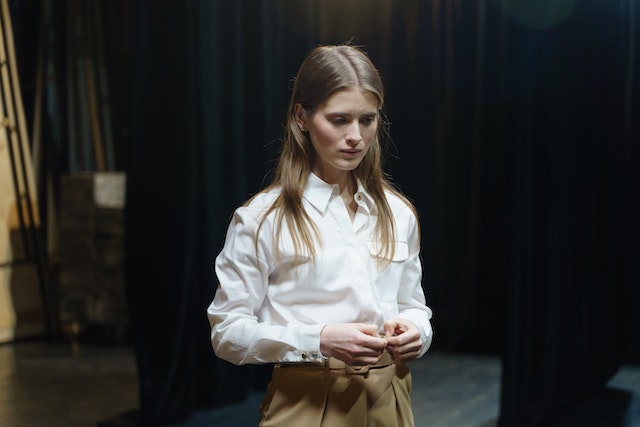
Performing arts is a diverse field that includes music, theater, dance, and other related disciplines. Improving in performing arts requires dedication, practice, and a willingness to learn and grow.
1. Take Classes and Workshops
One of the best ways to improve in performing arts is to take classes and workshops. A performing arts workshop can be in-person or online and can cover a range of topics, from vocal techniques to acting to dance. Classes and workshops can provide you with a structured learning environment, feedback from instructors, and opportunities to practice and refine your skills.
2. Work With a Coach or Mentor
Working with a coach or mentor can be a valuable way to improve in performing arts. A coach or mentor can offer personalized feedback, help you set goals and track your progress, and provide support and guidance as you develop your skills. Look for someone with experience in your area of interest and who can offer constructive feedback and advice.
3. Practice Regularly
Like any other skill, performing arts requires practice. Practice helps to improve technical skills. Performing arts require a range of technical skills, such as singing, playing an instrument, or dancing. Practicing these skills can help you improve your technique, build muscle memory, and increase your overall proficiency in your chosen area of performing arts. Practicing performing arts also helps to build confidence in yourself and your abilities. As you practice and improve, you may feel more comfortable performing in front of others, which can translate to other areas of your life as well.
Practicing helps you to express yourself creatively. As you practice and perform, you may discover new ways to express yourself creatively, which can help you in other areas of your life as well. Practicing with others will help you develop social skills. This can be especially beneficial for children and young adults who are still developing these skills. Practicing performing arts is also a great stress reliever. Engaging in a creative activity can be a great way to unwind and escape from the pressures of daily life. The improvement that comes from practice will lower your stress even more.
4. Seek Performance Opportunities
Performing in front of an audience is a great way to improve your skills and gain confidence. Seek out performance opportunities in your community, such as open mic nights, local theater productions, or dance recitals. These opportunities can help you to develop your stage presence, connect with other performers, and gain experience performing in front of others.
Finding performance opportunities might seem difficult when you are still learning and growing. Start by creating a strong resume and headshot. Your resume and headshot are important marketing tools that can help you get noticed by casting directors and agents. Make sure your resume highlights your experience and training, and that your headshot is high-quality and professional. You may find it necessary to find an agent. An agent can help you find auditions and get noticed by casting directors. Research reputable talent agencies in your area and submit your headshot and resume to those that are a good fit. Look for open casting calls and submit your headshot and resume to casting directors. Be prepared to perform a monologue or scene.
5. Watch and Learn From Other Performers
Watching other performers can be a valuable tool for aspiring performers looking to improve their skills. By watching experienced professionals, you will learn different techniques and approaches. You will also learn from their mistakes. By studying what not to do, you can avoid these mistakes in your performance. Analyzing performances can help you understand the choices made by performers. This can help you develop your process for creating a character and making acting choices. Watching others also helps you understand the performing arts industry as a whole. You will begin to understand what to expect from the industry and yourself.
Conclusion
Improving in performing arts requires a combination of practice, education, and performance experience. By taking classes and workshops, practicing regularly, working with a coach or mentor, seeking performance opportunities, and learning from other performers, you can develop your skills and become a more confident and accomplished performer.

